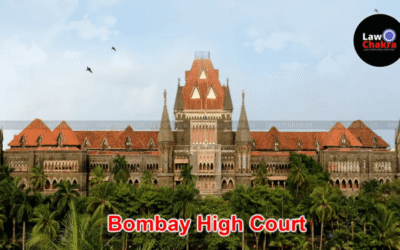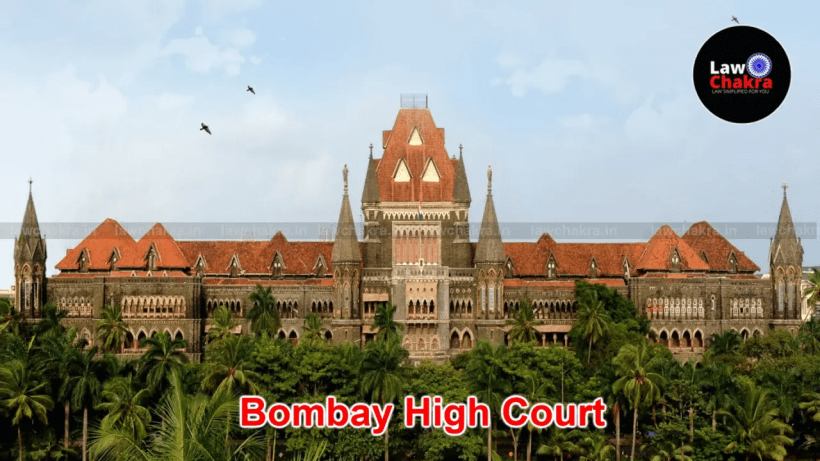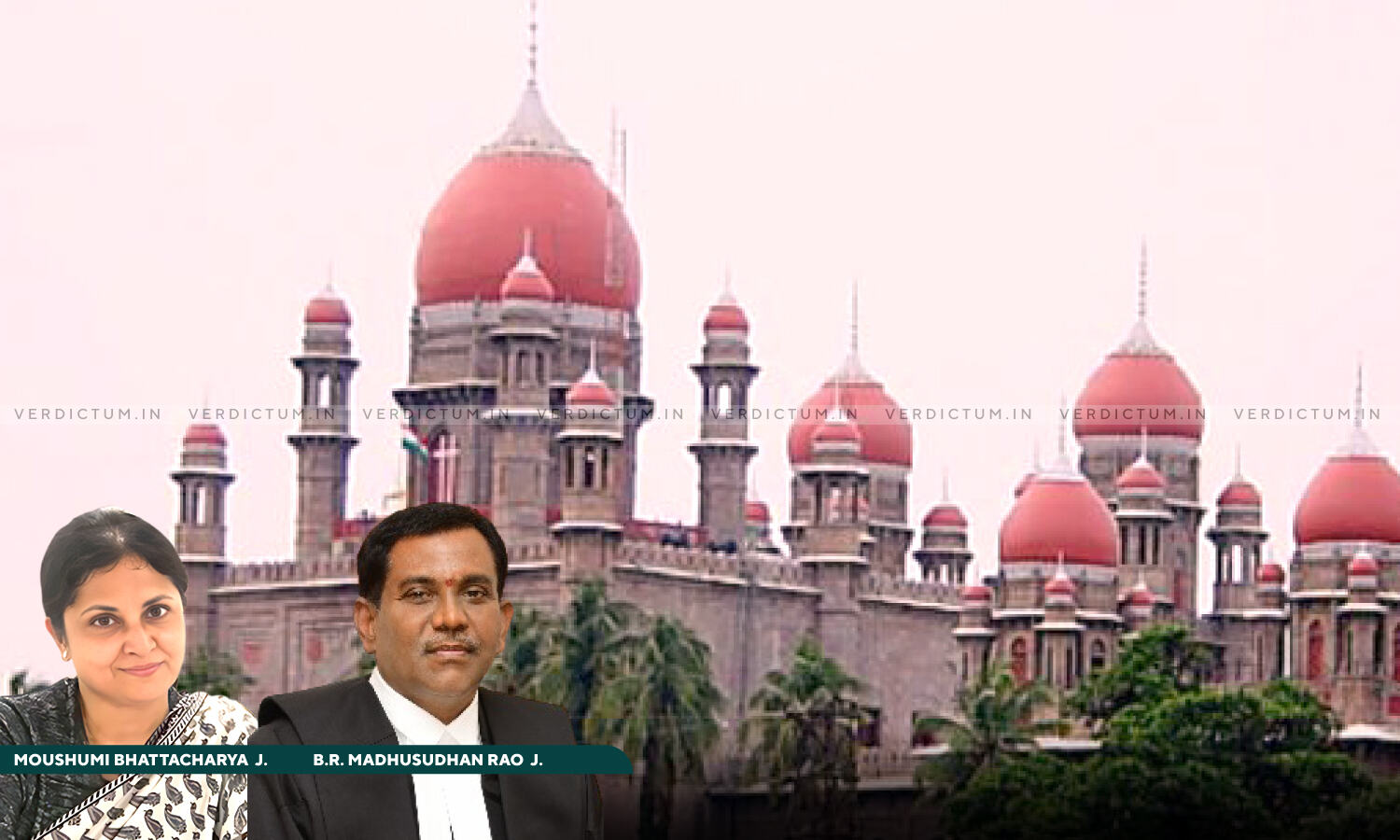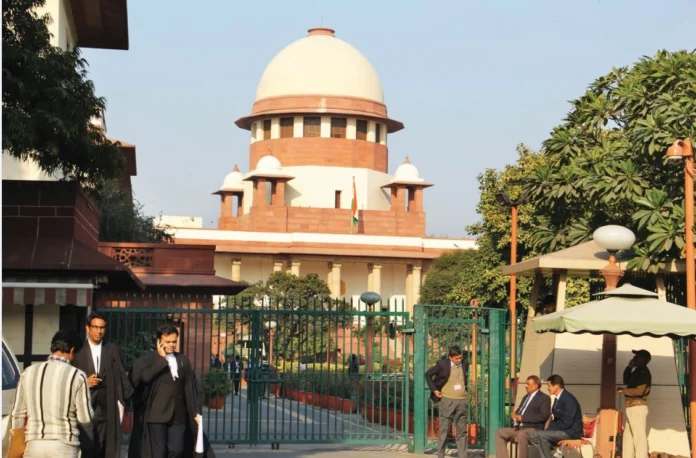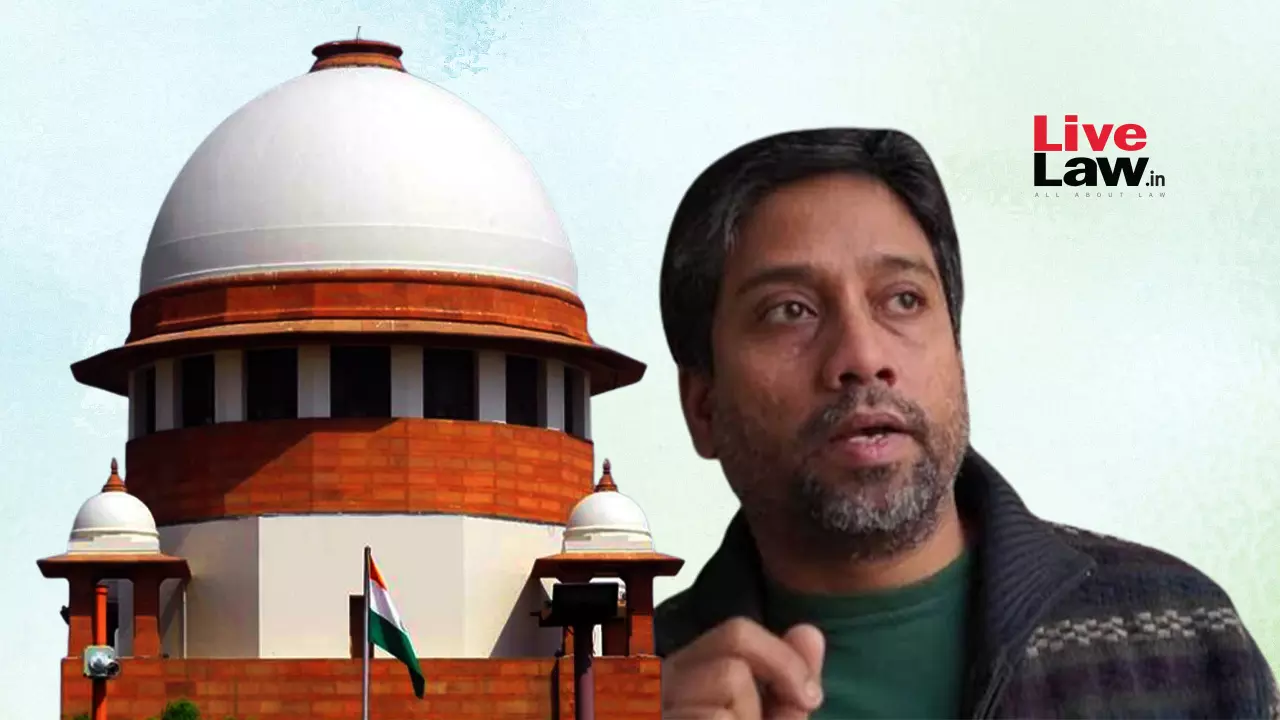Highly Unsafe To Act Solely On Isolated Casual Remark From Victim Who Described Doctor’s Action As ‘Bad Touch’
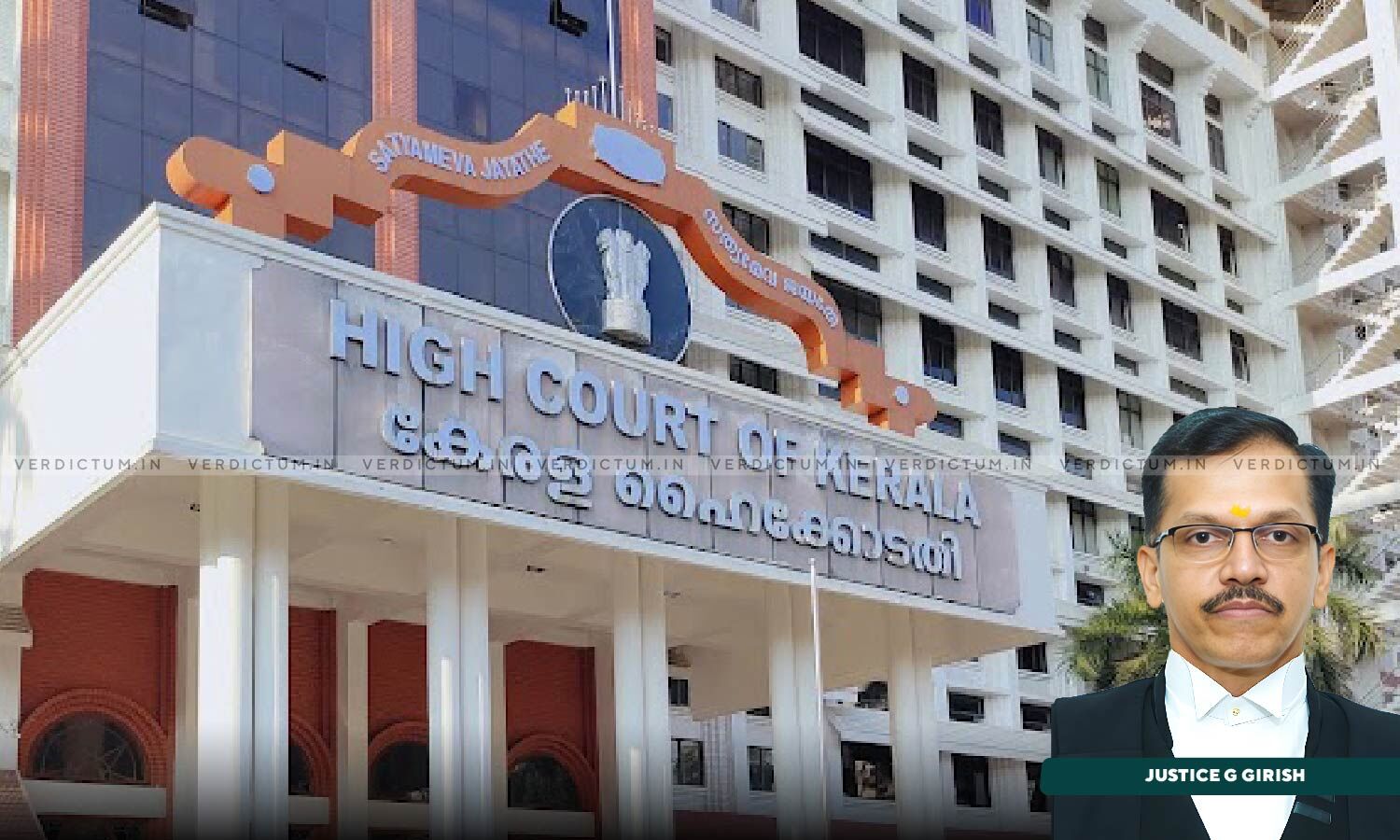
The Kerala High Court held that it would be “highly unsafe and improper” to act solely on an isolated, casual remark from a victim who described a doctor’s action as a ‘bad touch’.
The Court quashed the criminal proceedings against a doctor (Petitioner) accused under Section 354A(1)(i) of the IPC and Section 9 (e), 9(l) read with Section 10 of the Protection of Children from Sexual Offences Act, 2012 (POCSO Act). The allegation was that the Petitioner, a pediatrician aged 80 years, committed the offence of aggravated sexual assault upon a girl studying in 10th standard.
A Single Bench of Justice G Girish held, “It is true that the statement given by the victim to the Magistrate under Section 164 Cr.PC, contained a casual indication that she felt the move on the part of the petitioner as a bad touch. But, it would be highly unsafe and improper to act upon the above isolated casual remark of the victim, to come to a conclusion that the petitioner had acted with sexual intention. The chances of that adolescent girl getting misunderstood about the act of the petitioner, cannot be ignored. At any rate, the act of the petitioner cannot be termed to be an outrageous sexual act since it is clear from the statement of the victim itself that she had complaints of chest pain and abdominal pain, and that it is for the treatment of the above ailments that she had approached the petitioner.”
Advocate Nirmal.S appeared for the Petitioner, while Senior Public Prosecutor Pushpalatha M.K. represented the Respondents.
Brief Facts
The allegations arose from a medical examination of the victim. According to the victim’s statement, she had complaints of chest pain and abdominal pain, and it was for the treatment of the above ailments that she had approached the Petitioner.
Court’s Reasoning
The High Court explained, “In this context, Section 41 of the POCSO Act assumes much relevancy. As per Section 41 of the POCSO Act, the provisions of Sections 3 to 13 shall not apply in case of medical examination or medical treatment of a child when such medical examination or medical treatment is undertaken with the consent of his parents or guardian. As far as the present case is concerned, the medical examination of the victim was conducted with the consent of her mother as well as her elder sister.”
“So also, it is to be noted that the victim was medically examined by the petitioner in the vicinity of her mother and elder sister. That being so, it is not possible to say that the prosecution records would disclose that the petitioner had resorted to the alleged acts with sexual intent. In that view of the matter, the prayer of the petitioner to quash the proceedings against him, is perfectly justifiable,” the Bench explained.
The Court stated, “In order to attract Section 354A(1)(i) IPC, it has to be shown that the petitioner has resorted to physical contact and advances involving unwelcome and explicit sexual overtures. Thus, it is of prime importance to show that the offender had committed the act with sexual intention. Likewise, to establish the offence of sexual assault as envisaged under Section 7 of the POCSO Act, it has to be shown that the offender had done the act with sexual intent. Therefore, it has to be looked into whether the alleged act committed by the petitioner was with sexual intent.”
Consequently, the Court ordered, “In the result, the petition stands allowed. The proceedings against the petitioner/accused in S.C.No.735/2023 on the files of the Special Court under the POCSO Act, Kozhikode, which arose out of Crime No.290/2023 of Kozhikode Kasaba Police Station, are hereby quashed.”
Accordingly, the High Court allowed the Petition.
Cause Title: Dr. C.M. Aboobacker v. State of Kerala & Anr. (Neutral Citation: 2025:KER:42238)
Appearance:
Petitioner: Advocates Nirmal.S, Veena Hari, Keerthy Johnson, Mintu Jose, Gini George and Aishwarya Shivakumar
Respondents: Senior Public Prosecutor Pushpalatha M.K.

